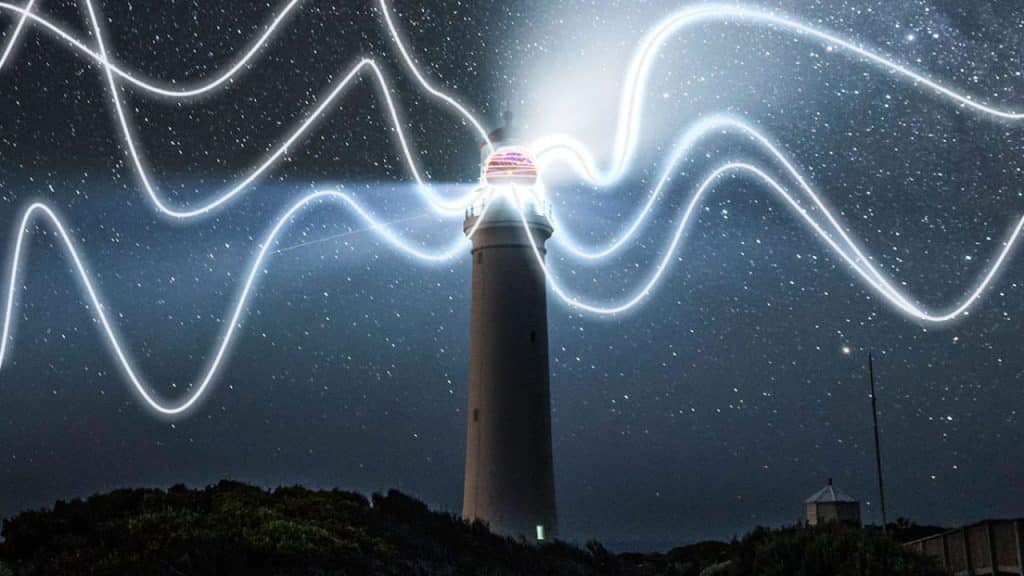A lot goes on when you’re asleep, with your body repairing and restoring itself for the next day and your mind thinking through and processing everything that’s happened since last night. That’s if you’re sleeping properly. When you’re suffering from a specific sleep-related condition like insomnia or you’re experiencing a psychiatric or neurological condition, maybe things in your resting brain aren’t quite as they should be. It’s time to look at innovations in sleep monitoring technology (https://longevity.technology/news/beacon-biosignals-acquires-sleep-monitoring-technology-firm/).
Dreem is a French company that specializes in sleep monitoring. It already has its own specially developed hardware, including the Dreem 3 headset. This band wraps around your head when you’re asleep to gather electroencephalogram (EEG) data that can then be used to assess your neural activity. It’s just one of the devices launched by Dreem since its 2014 founding, helped by a funding pool of over $57 million. That’s 2 million nights of sleep monitored.
Now Dreem is entering the next stage of its expansion after being purchased by Beacon Biosignals. Beacon Biosignals is a neurodiagnostic company. It collects data on the brain’s activity, identifies certain biomarkers associated with various neurological and psychological conditions, and then uses those biomarkers to develop targeted treatment plans. It can do this thanks to its use of machine learning and AI to perform EEG analytics on a large scale.
Dreem collects the EEG data, and Beacon will analyze it. The Beacon platform uses both macroarchitecture and microarchitecture. The first involves an automated scoring system, while the second looks at patterns of arousals and spindles. This monitoring can all be done from the patient’s own home; there’s no need for an overnight stay in the artificial environment of the lab, and it can be performed over an extended period.
This data collection and analysis has major implications for diagnosis and treatment. EEG assessments have surpassed other forms of sleep monitoring, such as actigraphy, for precision and comprehensiveness, allowing them to become the gold standard in sleep medicine. They’re used not just with sleep disorders like insomnia, but also for psychiatric and neurological conditions that have sleep disturbance among their symptoms. Examples include depression, schizophrenia and Alzheimer’s.
Hopefully, the Dreem/Beacon merger will help more people improve their quality of sleep and therefore experience the associated improvements in both physical health and mental wellbeing, which in turn has significant implications for longevity.




